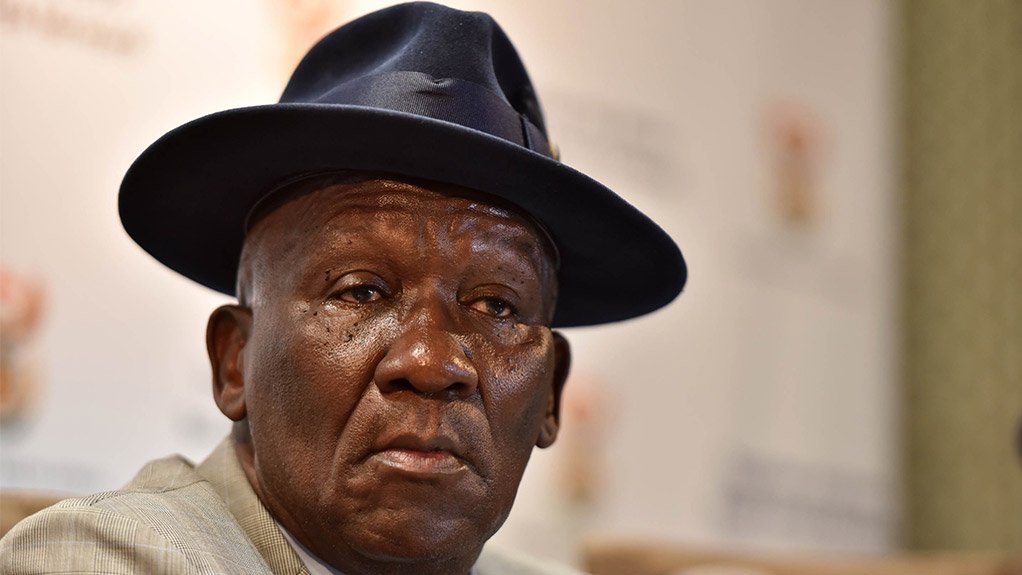KwaZulu-Natal and the North West have been identified as the hot spot provinces where election disruptions are possible, Police Minister Bheki Cele announced on Thursday.
The Justice, Crime Prevention and Security (JCPS) Cluster gave its final update on the state of readiness for the country's sixth general elections, which will take place on May 8.
Cele told the media that, through intelligence driven operations, hot spots in the country had been identified and would be prioritised.
"As part of the deployment strategy, a capacity of five teams will be maintained at national level to be deployed to any part of the country where the situation requires urgent intervention to deal with high risk situations," Cele said.
"The highest risk areas are the North West and KwaZulu-Natal provinces."
Cele added that almost all of the provinces would have some sort of risk, but that other provinces had been identified as having a low to medium risk of possible disruptions on election day.
"In North West and KZN, there are elements of activities which could undermine the election processes to run smoothly."
The minister said that police would not interfere with peaceful protests on the day, but would intervene if they turned violent or interfered with the constitutional rights of people wanting to vote.
Gauteng & Limpopo
Despite the recent shutdown protests in parts of Gauteng, including Tshwane and Alexandra, State Security Minister Dipuo Letsatsi-Duba told the media that the province had not been identified as being a high risk area.
"Gauteng has enough capacity. The two provinces we mentioned (KwaZulu-Natal and North West), we specifically identified them because they need reinforcement to deal with these hot spots," Letsatsi-Duba said.
"Gauteng, we strongly feel they have enough capacity to deal with whatever protests or threats that [may] make elections impossible in Gauteng."
Letsatsi-Duba added that Vuwani in Limpopo was also deemed a priority area, as it had been ahead of the 2014 municipal elections, but that a deployment plan had been put in place to ensure people there would be able to cast their votes without fear of intimidation or violence.
The Numbers
Cele announced that 51 306 police officers would be deployed to the 22 924 voting stations on election day. Low-risk voting stations would have two police officers, those deemed medium risk would be manned by four police officers, while high risk stations would have six officers present.
Cele said additional police resources would also be deployed where needed.
"As a force multiplier, we will be deploying around 3 504 reservists nationwide," he added.
In addition to the police force being deployed, the South African National Defence Force (SANDF) is also on standby.
"Under the ambit of the National JOINTS, the SANDF will be on stand-by to provide support to the Independent Electoral Commission (IEC). In the case of a disaster, the SANDF is on standby and ready to support, as they have contributed to assisting in the recent floods in KwaZulu-Natal and Eastern Cape," Cele said.
EMAIL THIS ARTICLE SAVE THIS ARTICLE
To subscribe email subscriptions@creamermedia.co.za or click here
To advertise email advertising@creamermedia.co.za or click here











